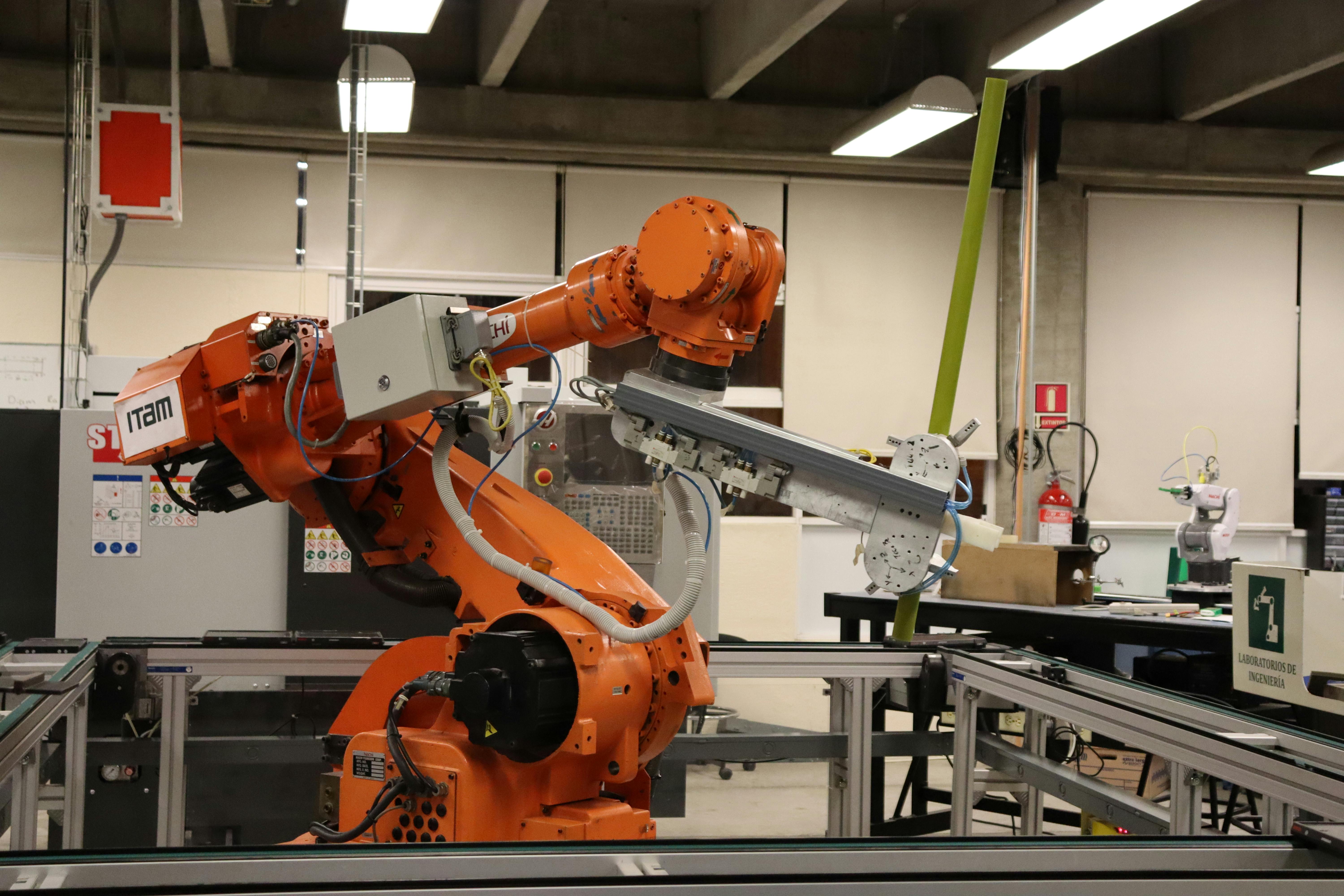Shifting Gears: The Upcoming Era of Smart Factories in Industrial Operations
In the realm of business and industrial operations, the advent of Smart Factories is set to reshape the landscape. This article aims to delve into the concept of Smart Factories, trace their evolution, and evaluate their potential impact on industries, all the while shedding light on the benefits and challenges that accompany this trend.

The Genesis of Smart Factories
The idea of Smart Factories is not new. It traces its roots back to the Industrial Revolution when mechanization first replaced manual labor. However, the term ‘Smart Factory’ gained traction with the emergence of Industry 4.0, a concept that envisions a future where automation and data exchange will drive manufacturing processes. The advent of advanced technologies such as machine learning, big data, and cloud computing has acted as a catalyst in the evolution of Smart Factories.
The Rising Tide of Smart Factories
Today, Smart Factories are increasingly becoming the norm rather than the exception. According to a survey by Capgemini, around 76% of manufacturers either have an ongoing smart factory initiative or are working on formulating one. The driving factors behind this trend include the potential for increased operational efficiency, enhanced product quality, and improved decision-making.
The Impact of Smart Factories on Industrial Operations
Implementing Smart Factories can revolutionize industrial operations. They offer potential benefits like real-time monitoring of operations, predictive maintenance, improved safety, and reduced operational costs. However, the transition to Smart Factories also brings with it a set of challenges. These include the high cost of implementation, the need for skilled labor, cybersecurity threats, and concerns over data privacy.
Navigating the Future with Smart Factories
The future of Smart Factories looks promising, with advancements in technology expected to further enhance their capabilities. However, businesses need to prepare for this change by investing in the necessary infrastructure, upskilling their workforce, and addressing potential cybersecurity and privacy concerns.
Key Takeaways
- Smart Factories use advanced technologies to automate and streamline manufacturing processes.
- They offer numerous benefits, including increased operational efficiency, enhanced product quality, and improved decision-making.
- The transition to Smart Factories also presents challenges such as high implementation costs, need for skilled labor, cybersecurity threats, and data privacy concerns.
In conclusion, Smart Factories represent the future of industrial operations. They promise to bring about a paradigm shift in the way industries function, offering numerous benefits and simultaneously presenting a new set of challenges. As we move forward, it is crucial for businesses to adapt and evolve to leverage the potential of Smart Factories fully. The era of Smart Factories is upon us, and it is time for businesses to gear up for this exciting journey.




